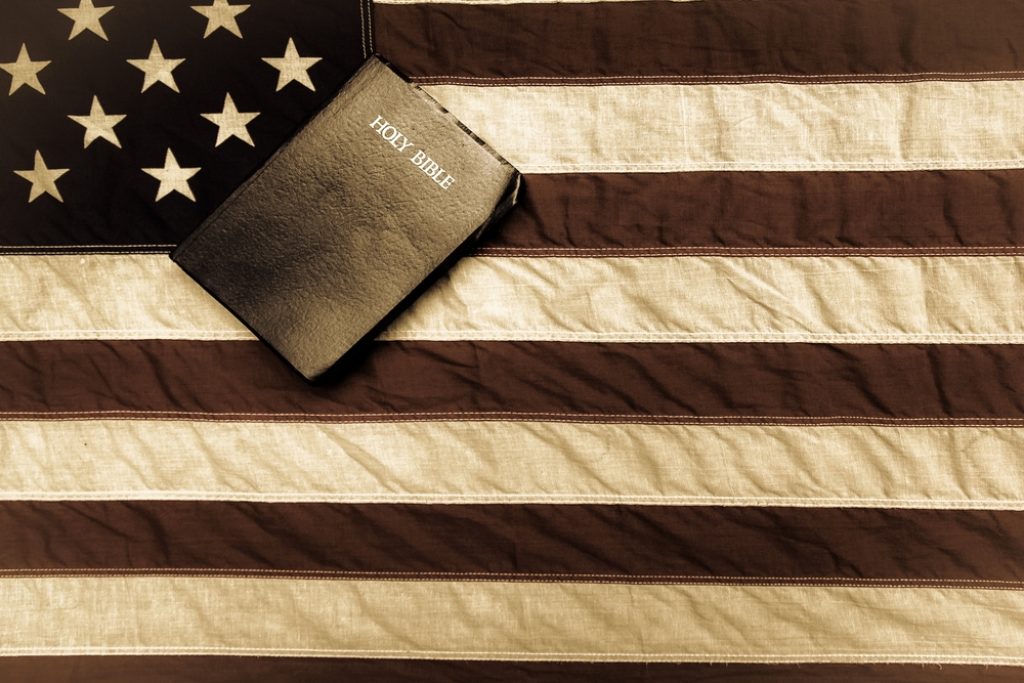The House voted Thursday to make it harder for the government to punish churches that get involved in politics.
In a 217-199 vote, lawmakers approved legislation barring the IRS from revoking the tax-exempt status of churches that back political candidates, unless it is specifically approved by the commissioner of the agency.
The provision, buried in a budget measure setting IRS funding for the upcoming year, amounts to a backdoor way around the so-called Johnson amendment, a half-century-old prohibition on nonprofits getting involved in political campaign activities.
Nonprofits denounced the measure, and noted it came only days after the Treasury Department announced it was dropping requirements that most charitable organizations disclose their big donors to the IRS.
“It’s now impossible for Congress and the White House to deny their objective: to politicize the trusted charitable nonprofit community by authorizing unlimited, unfettered and untraceable political money to flow through the nonprofit sector to benefit partisan special interests,” said Tim Delaney, head of the National Council of Nonprofits.
“Charitable nonprofits are not in the business of partisan politics and are not here to be used to hide or launder political money,” Delaney said.
The move came as Senate Democrats forced a temporary postponement of a Finance Committee confirmation vote on President Donald Trump’s pick to run the IRS, in protest of the Treasury decision to ease the donor-disclosure requirements. Democrats say that will abet the rise of so-called dark money political campaign donations, including from foreign contributors.
Later in the day, the panel approved Charles Rettig’s nomination to head the IRS on a party-line 14-13 vote.
Trump has promised to “totally destroy” the Johnson amendment, named after then-Sen. Lyndon Johnson, who pushed it through Congress in 1954. Republicans tried unsuccessfully last year to repeal the provision as part of their tax-code rewrite.
Targeting the prohibition through the budgetary process is sure to be controversial in the Senate. Republicans there did not include the proviso in their draft of the IRS’ budget, and Sen. Ron Wyden, the top Democrat on the tax committee, pledged Thursday to “use every tool at my disposal to prevent that from happening.”
Read the full story at Politico


